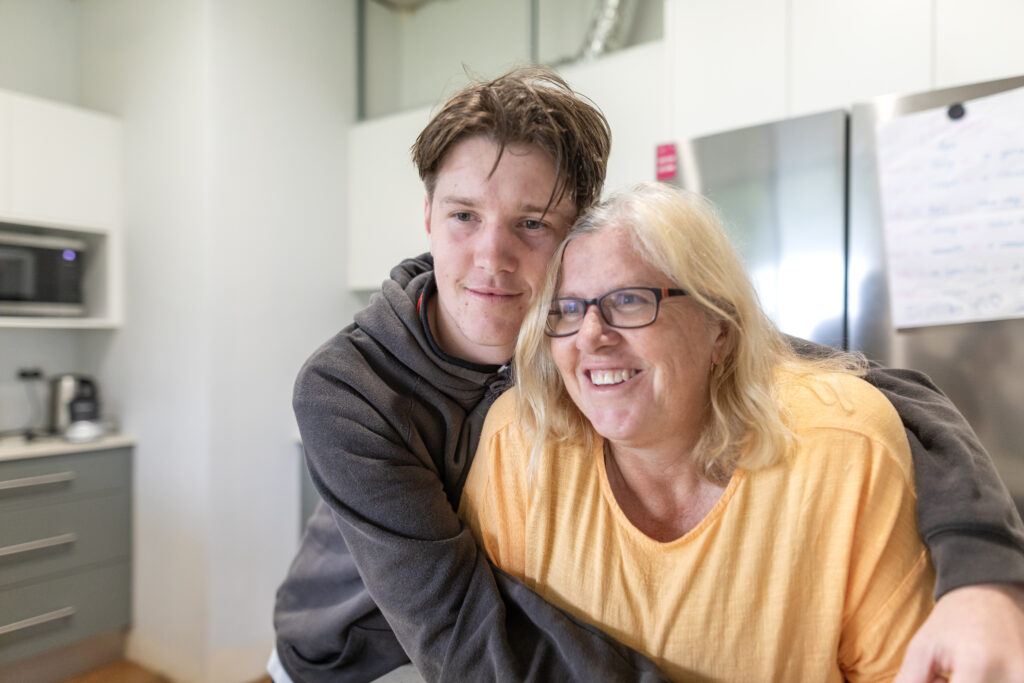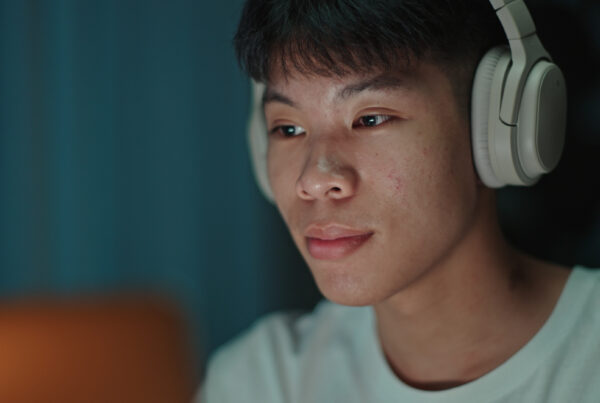
Many parents struggle with their own self-esteem as their upbringing was substantially different from how children and teens are educated now. Schools are becoming more aware of mental health problems and how to prevent them.
Society has changed, and parents have very demanding jobs. We live in a society where academic achievement and success are the minimum one should aspire to, and the words “please” and “thank you” have lost their deeper meaning and seem more of a formality in conversation or emails. As teenagers feel all these pressures, they often project them onto their loved ones without realising the impact their actions may have.
To counteract the feeling of entitlement, parents can discuss kindness and gratitude with their teens. Some parents fear that teaching their teens kindness will make them targets for bullying, as society often mistakes kindness for weakness. However, being kind actually requires strength. Encouraging adolescents to serve others and help those in need, even if just for the pleasure of helping, can be beneficial. Scientific studies show that kindness activates the brain’s reward system, producing serotonin (an antidepressant), endorphins (natural pain suppressants), and dopamine (involved in pleasure, motivation, and learning). Therefore, “it is good to be good,” and our health benefits when we are kind.
Encouraging adolescents to serve others and help those in need, even if just for the pleasure of helping, can be beneficial
Dr Emma Allende
The kinder adolescents are, the more aware they become of their parents’ hard work in raising them to be well-rounded adults. When parents model kindness, teenagers may feel more inclined to help others. Adolescents may feel entitled to the latest technology gadget and may equate their self-worth with having the latest model. Parents can reassure teenagers to value themselves for who they are, not what they possess. Starting conversations about gratitude can also be helpful.
If the teen still undermines the parents due to feelings of entitlement, establishing healthy boundaries can make a difference. For instance, if they demand unreasonable obligations, it is helpful to let them know they also have obligations as family members. This can help them realise that there is a limit to their demands, especially when it involves buying unnecessary but fashionable items. Asking them to put themselves in your shoes, and using role play where you act as the teen and they act as the parent, can also be insightful. Discussing family finances and controlling spending can help them understand the value of money and teach them about saving.
Encouraging teens to create a gratitude notebook where they write daily what they feel grateful for can also be beneficial. Parents who gradually relinquish control allow adolescents to build independence and avoid feelings of entitlement. Adolescents will test their parents to feel more independent and powerful. Giving teens gradual responsibility will support their confidence and prevent frustration and entitlement.






